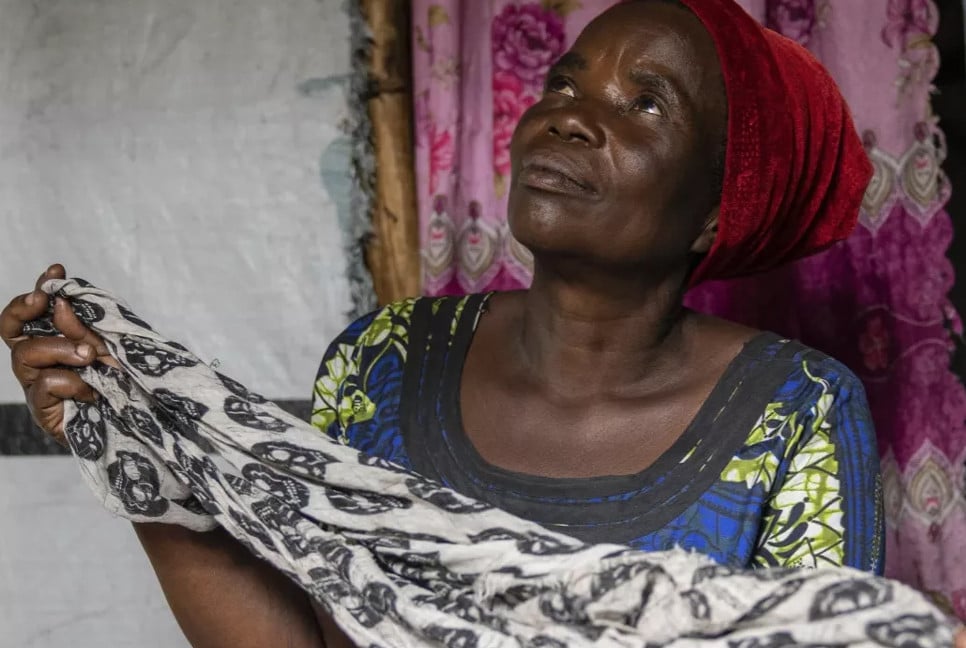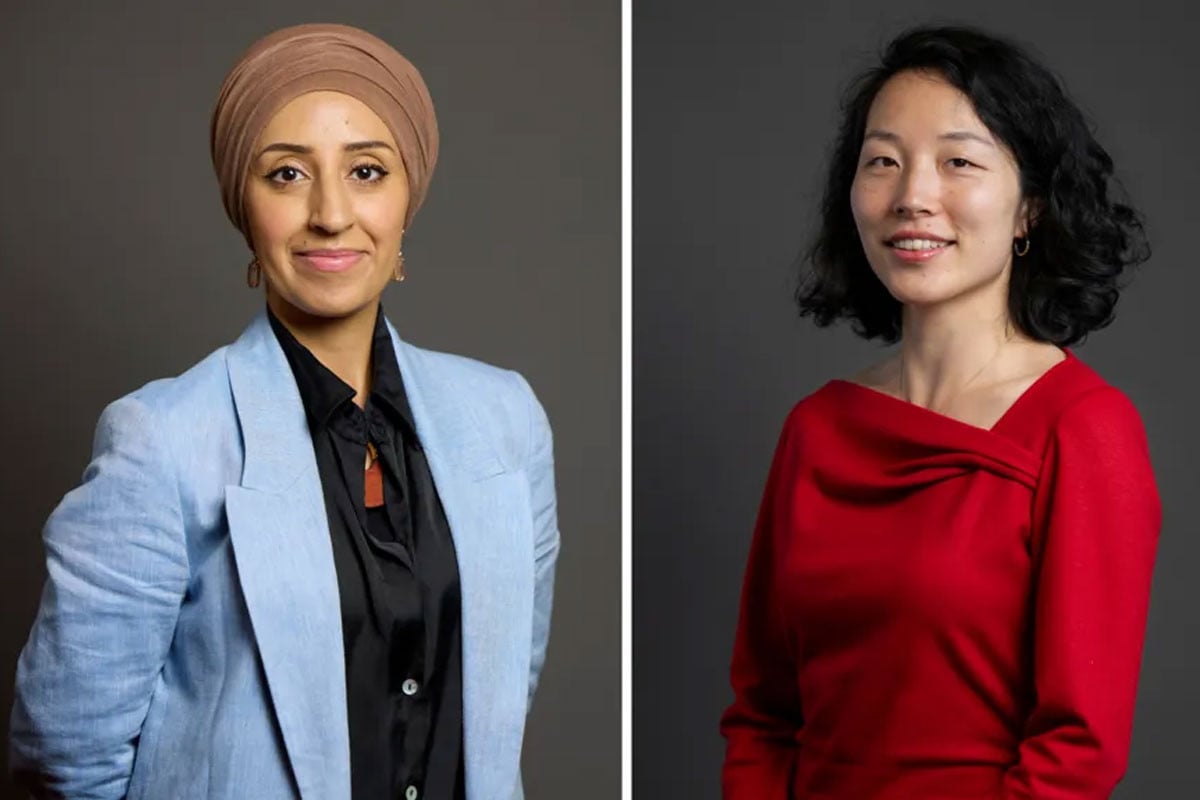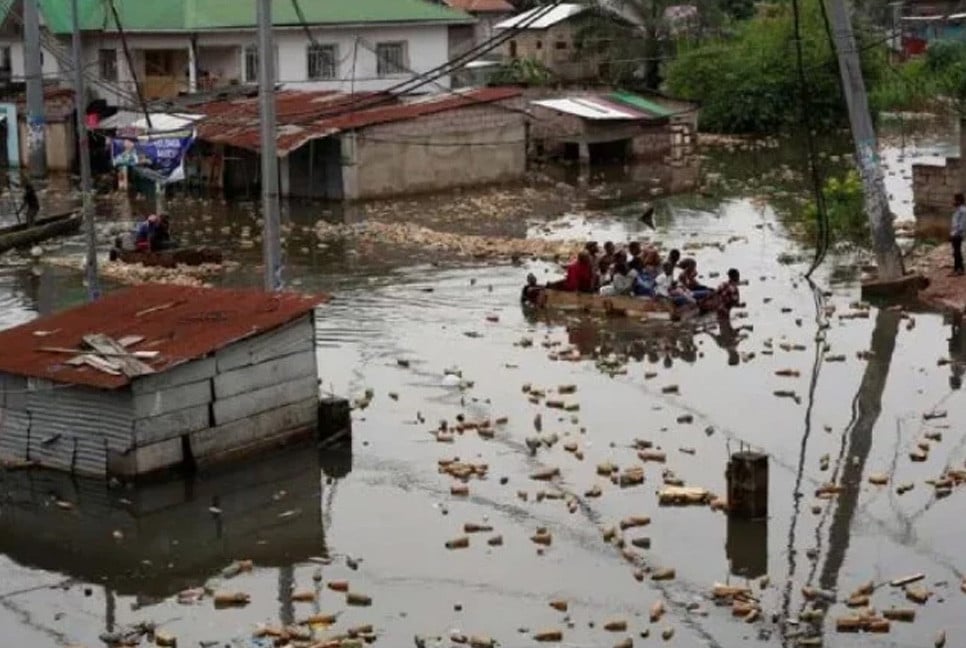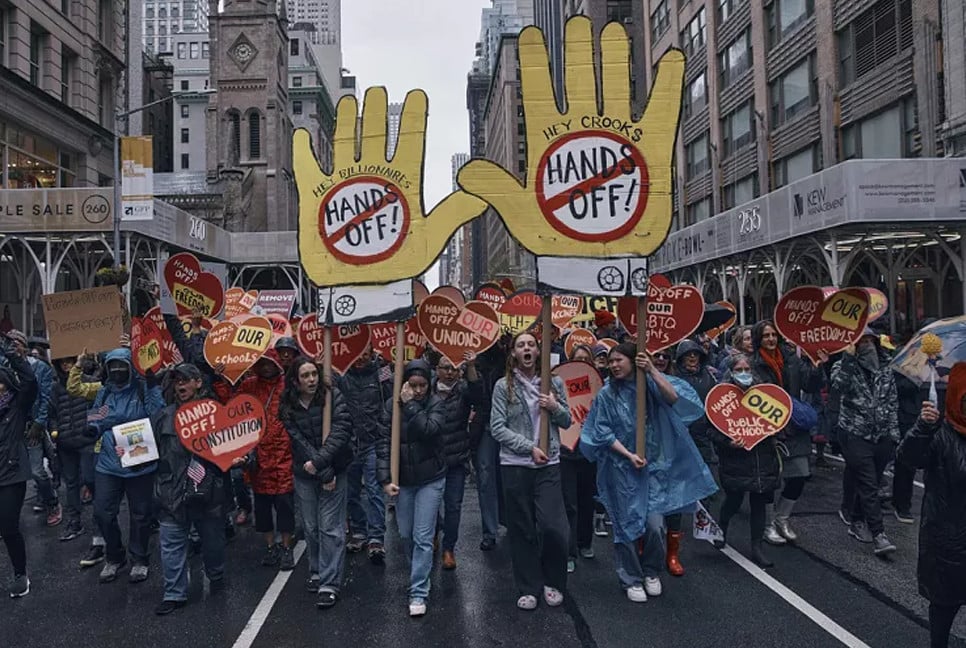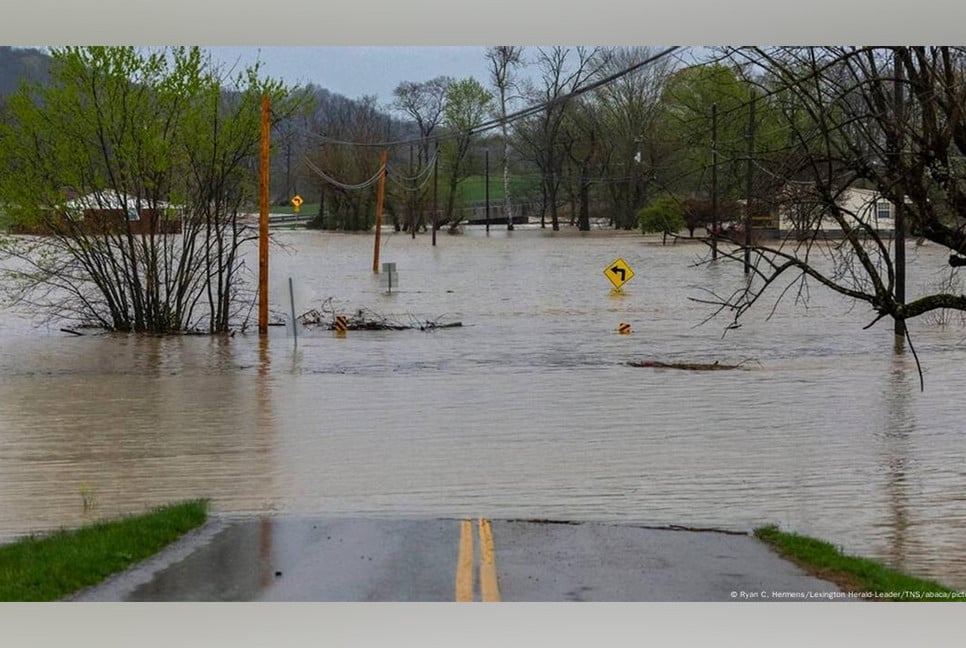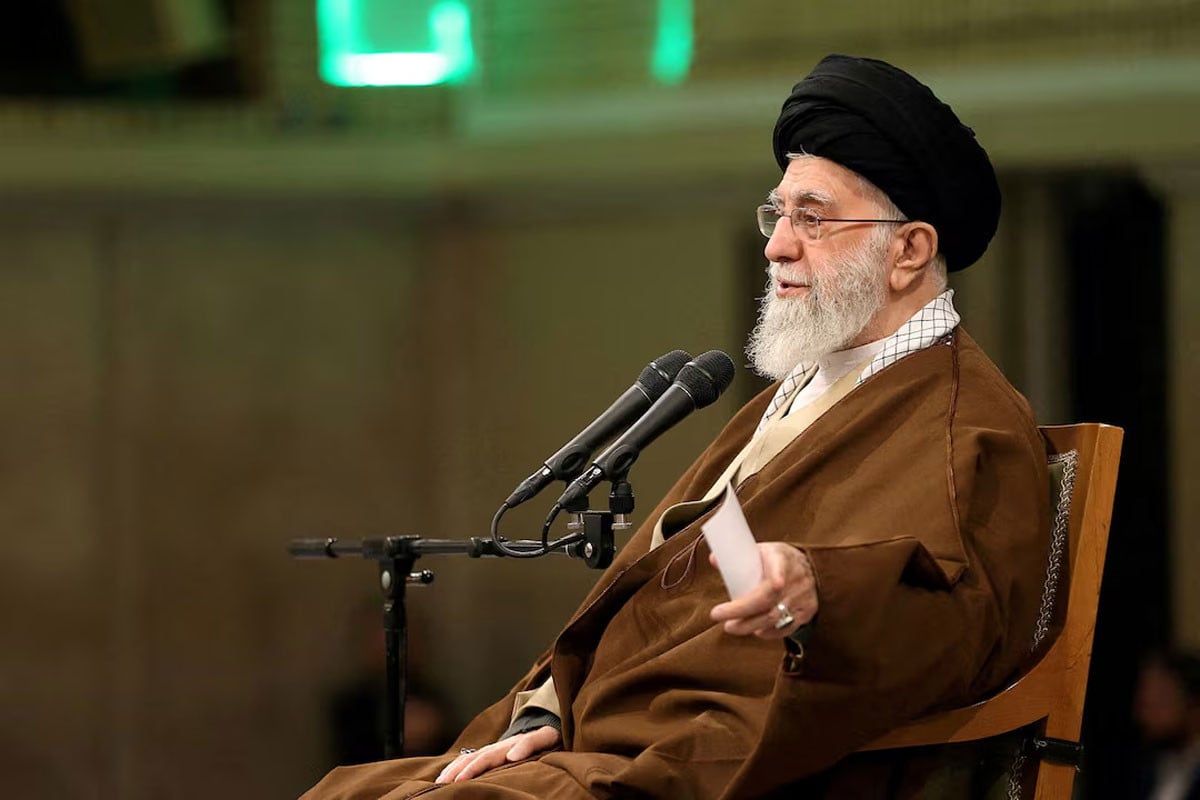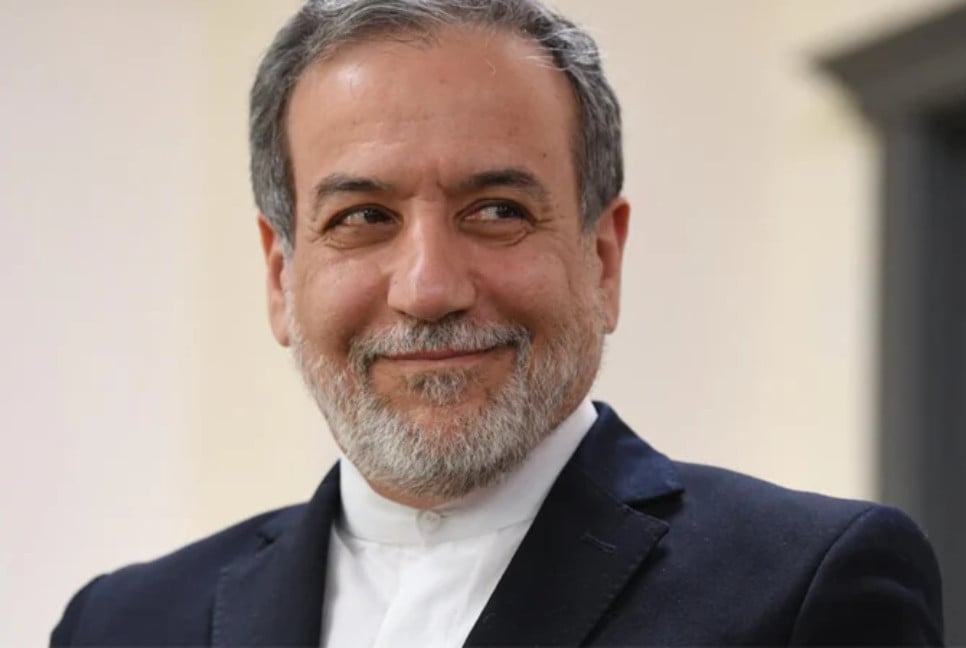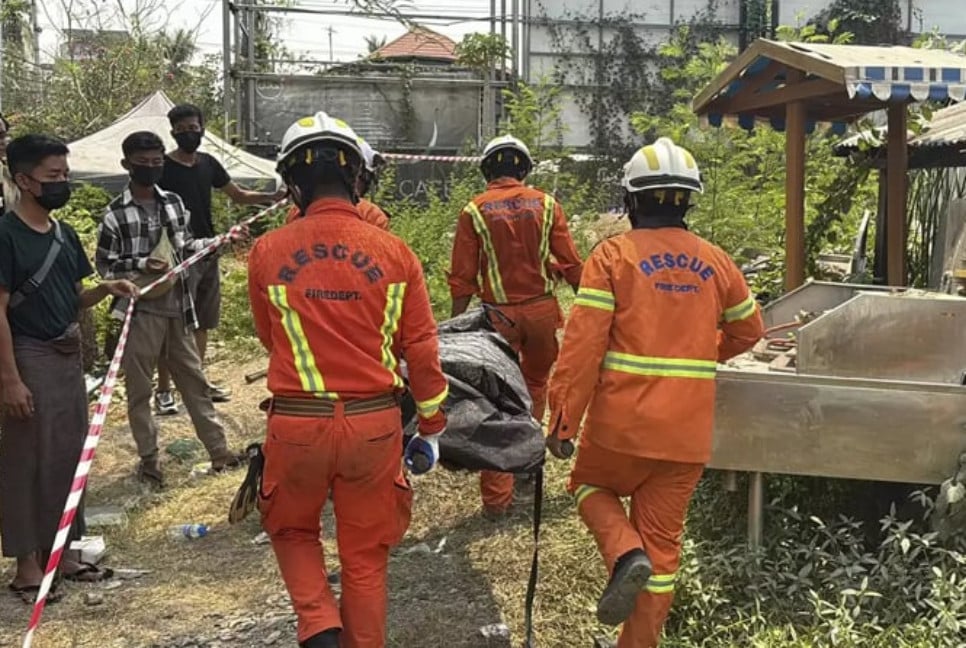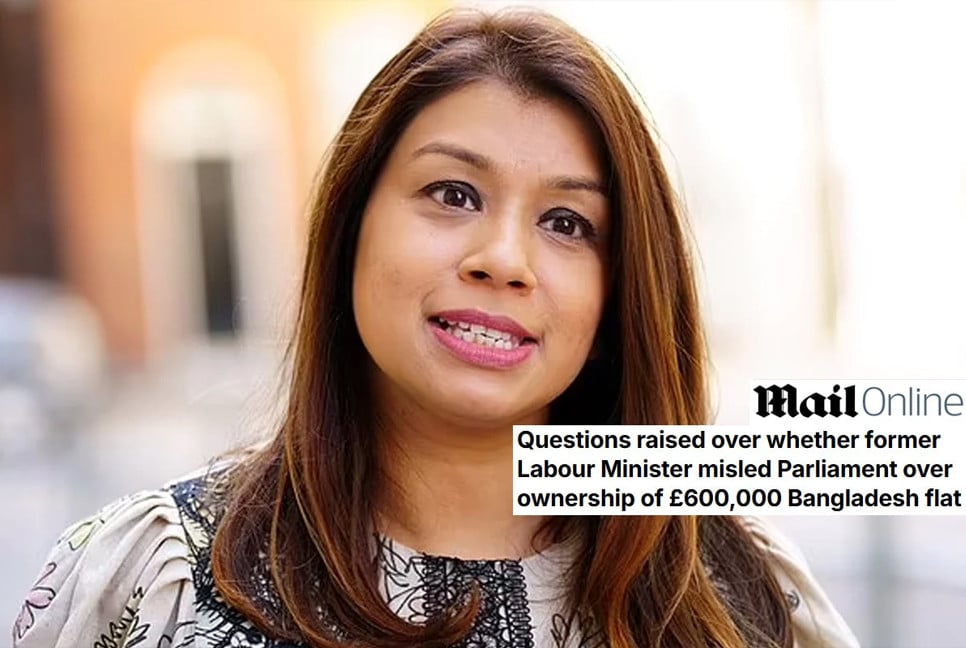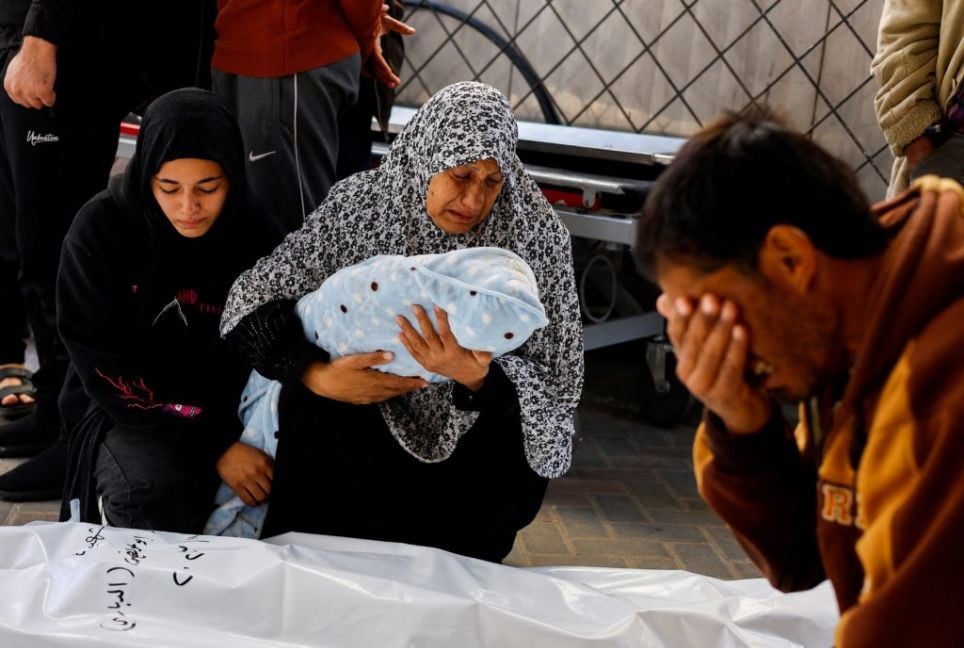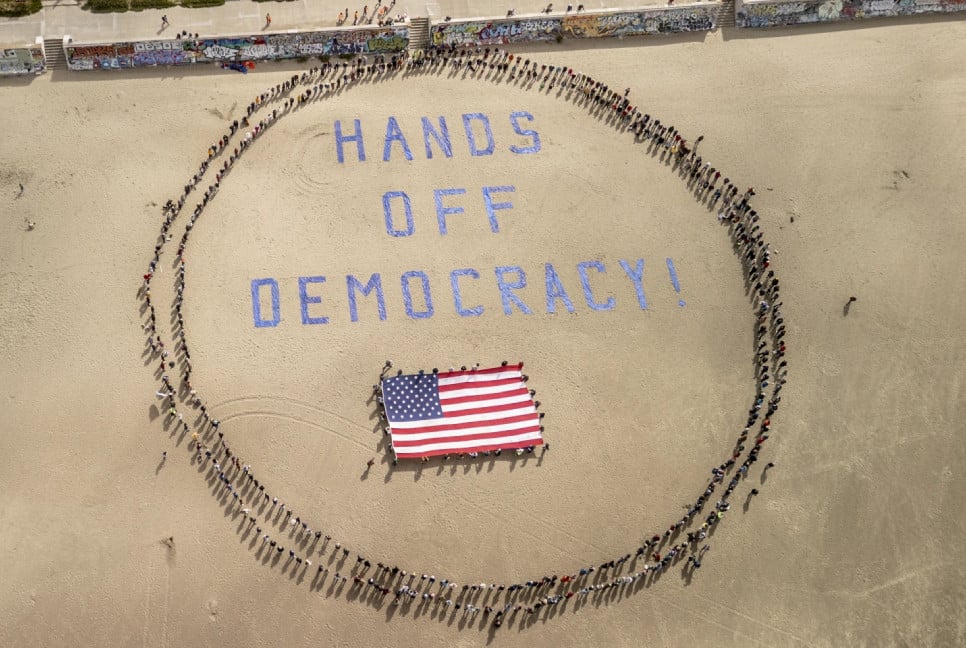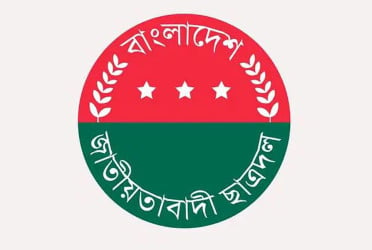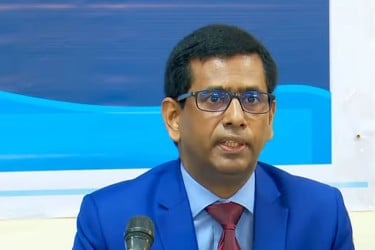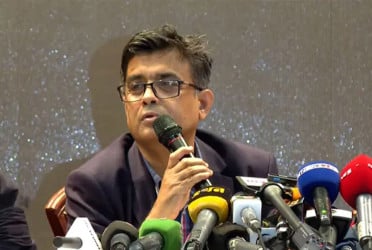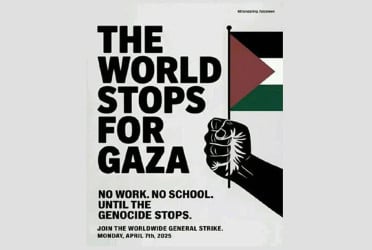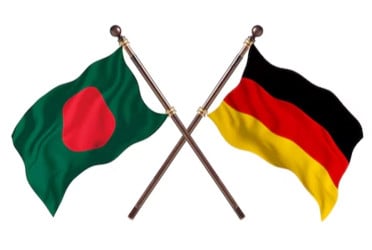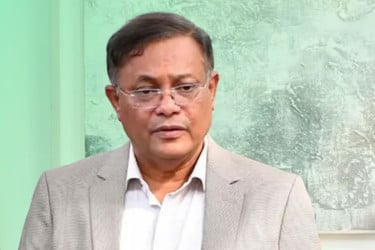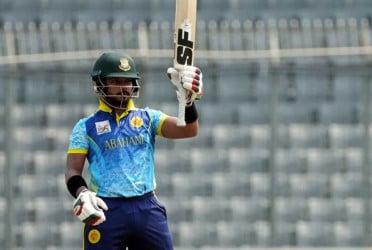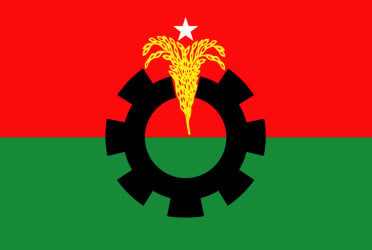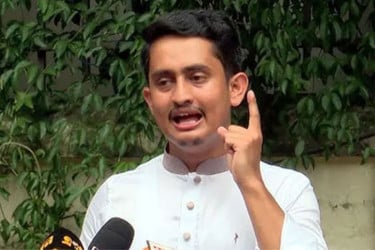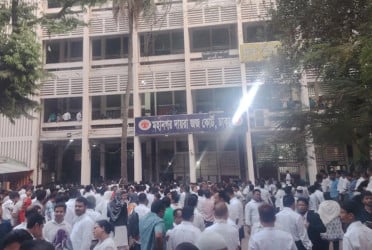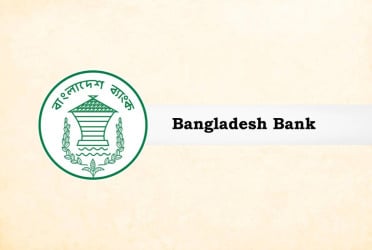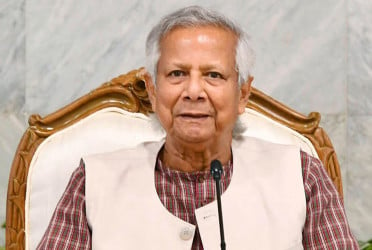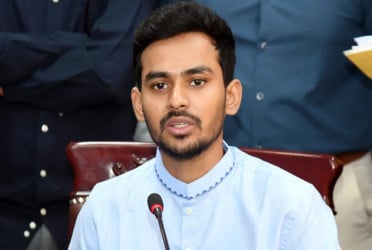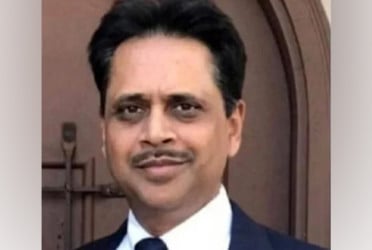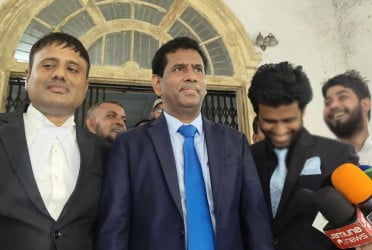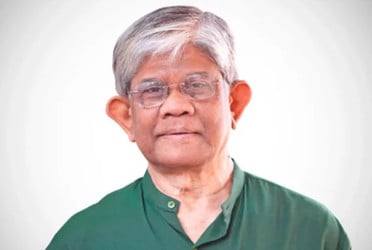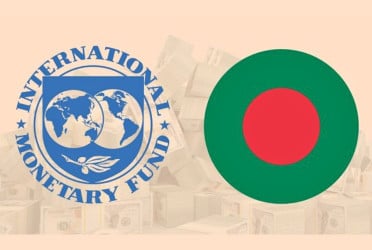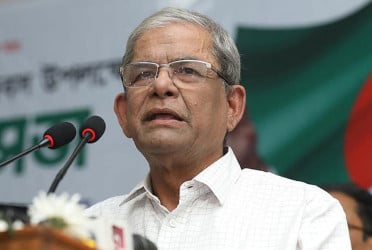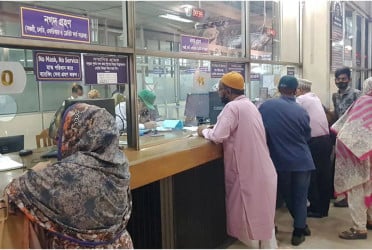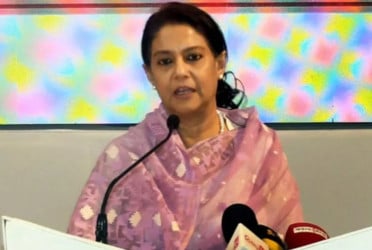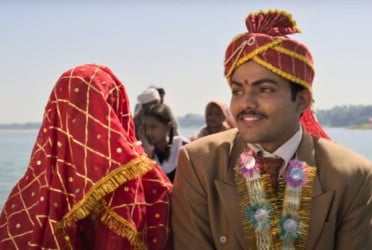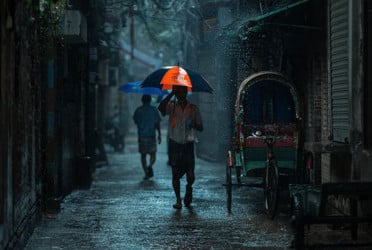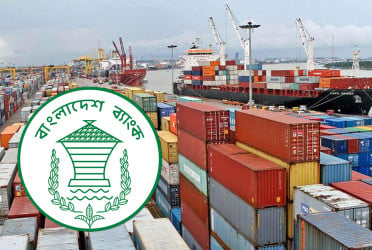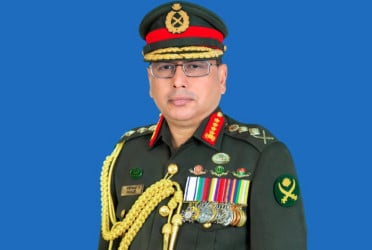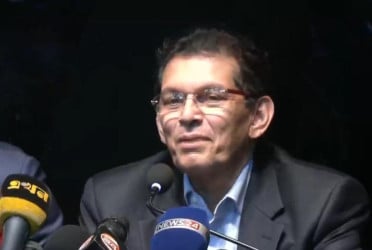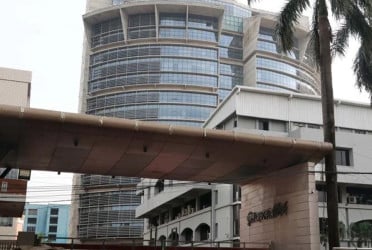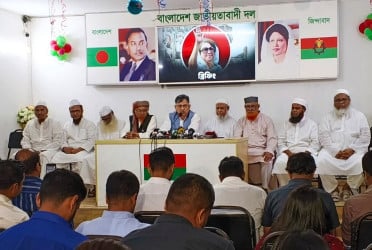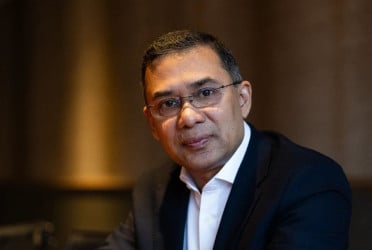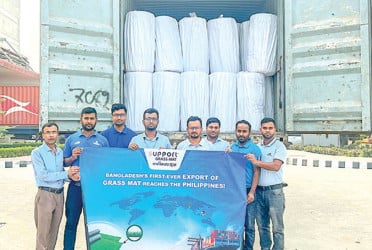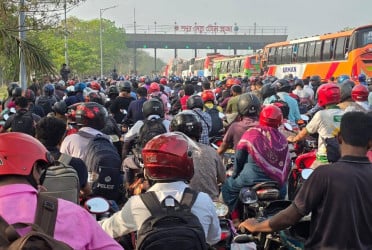Years of conflict in eastern Congo have resulted in a serious mental health crisis, with aid organizations noting a substantial increase in people seeking assistance as violence escalates.
From January to June, the number of individuals receiving psychosocial support around Goma rose more than 200% compared to the previous year, climbing from 6,600 to over 20,000, according to Action Against Hunger. Additionally, reports of suicidal thoughts surged from approximately five per month at the start of the year to over 120, reports AP .
Nelly Shukuru felt trapped by her circumstances. The violence that forced her to flee her home, the dire conditions in a displacement camp in eastern Congo, and the pervasive hunger left her feeling hopeless. At 51, she contemplated suicide, believing her suffering was unending. A neighbor intervened just in time, as Shukuru expressed, “In my mind, the suffering was permanent. Those who have died are better off than I am.”
The ongoing conflict involves more than 100 armed groups competing for control in the mineral-rich region, particularly near the Rwandan border. The resurgence of the M23 rebel group has exacerbated violence, displacing millions and forcing over 600,000 people into camps near Goma. As a result, many individuals are grappling with anxiety, depression, PTSD, insomnia, and substance abuse, according to psychologists.
Psychologist Innocent Ntamuheza noted, “All around us there is war, and the number of people facing difficulty is increasing daily.” Yet, mental health support remains scarce, with less than 30% of the $180 million requested for protection services, including mental health, funded this year. The United Nations has labeled Congo one of the world’s most neglected crises.
Shukuru’s despair deepened after a violent incident in August involving her intoxicated son. Her family, once farmers and active in their community, fled their home in Sake after it was bombed. Now, they struggle to survive in the camp, where the aid received is insufficient.
Some camps are alarmingly close to the front lines, and Shukuru's camp was hit by shells in May, resulting in numerous casualties. Armed individuals sometimes mingle with the camp residents, heightening fear and insecurity. During an August visit, armed men were seen, and it remains unclear whether they are military personnel or militia members.
The government’s efforts to combat the M23 involve supporting various militia groups, raising concerns about human rights abuses. Reports of sexual violence are rampant; one survivor described being assaulted while foraging for food. Those affected often seek help from organizations like Doctors Without Borders, yet the trauma persists, impacting their ability to sleep and live peacefully.
Mental health support is critical, and community leaders are being trained to identify individuals in need. Despite stigma around mental health, those who seek treatment have found coping strategies helpful. Josephine Mulonda, 52, shared how a technique called the “butterfly hug” has helped her manage anxiety stemming from her husband’s murder.
For children affected by conflict, organizations like War Child use creative methods such as movement and song to help them express their feelings. However, many of these children carry deep scars from their experiences, with some contemplating suicide as an escape from their suffering.
One 14-year-old girl, separated from her family during an attack, fears for her safety while searching for firewood. The psychological support she receives offers temporary relief, but she remains uncertain about her mother’s fate, highlighting the profound impact of this ongoing crisis.
Bd-pratidin English/Afia

